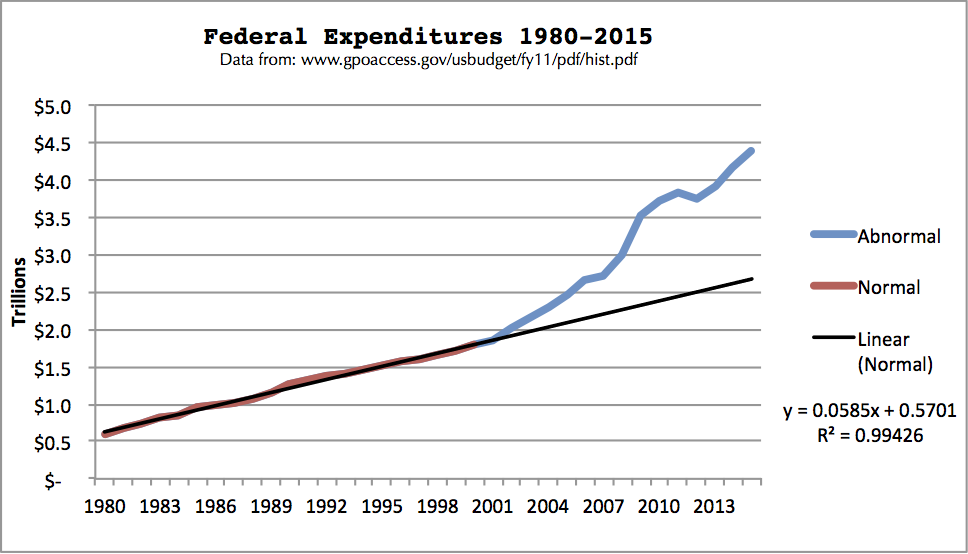Equal. This simple word conceptualizes our most basic and noble sentiments: all men are created equal…equal protection under the law, etc. But, it has a sinister sibling that it is often confused with: “equalization”. This concept is the dubious notion that we should forcefully create a state of “equality” among all citizens, at least on an economic level.
But why this notion that equalization is necessary? The usual answer is that it is “bad” when some make “too much” money. However, this response betrays a childish and simplistic view of the economy, one wherein it is likened to a board game (one player wins and all others lose). This view is based on the fallacy that money itself is wealth. But, it is production, not money, that is the basis for wealth. If money were wealth then the government could just print up a billion dollars for each of us and our troubles would be over!
To illustrate the true nature of wealth let us consider two hypothetical peach farmers, let’s call them Hayek and Keynes (google the names to get the joke here). They each start with one peach tree. Each year they produce a crop sufficient to sustain themselves. After a few years of this Farmer Hayek decides to not sell all his peaches, rather he plants a few to grow new trees. [Economics lesson: the act of not consuming is called “saving”, anything saved is called “profit” and accumulated profits are called “capital”. Capital is that which is produced not for consumption but for further production.] Farmer K sells all his peaches each year and lives it up relative to Farmer H (i.e. he consumes all that he produces and does not save anything). After a few years Farmer H’s new trees start to bear fruit. After several years Farmer H has a large orchard that out produces Farmer K’s single tree. Farmer H now has many options: he can purchase any number of goods that Farmer K could never afford, or perhaps he may hire someone to manage his farm thus allowing him to retire early. His deferment of present consumption (unsold peaches) is accumulated and thus becomes capital (new trees), which makes possible greater future production.
After several years Farmer H makes a hundred times what Farmer K does. Is that bad? Should we “equalize” them by taking the “excess” profit from Farmer H and giving it to Farmer K? Is Farmer K worse off than before? No. Farmer H did not take anything from Farmer K, he simply produced more by employing the simple concepts of capitalism.
The economy is not a zero sum game. Farmer K is not worse off because Farmer H produced more. If a CEO or Wallstreet mogul makes millions or billions it doesn’t negatively affect me (or anyone else) in the slightest. They did not forcefully take anything from me (only the government is allowed to do that!) All “equalization” does is punish those that efficiently produce what other people want. So let’s keep our tax policy focused on funding the government, not on correcting ill-conceived notions of equality.
